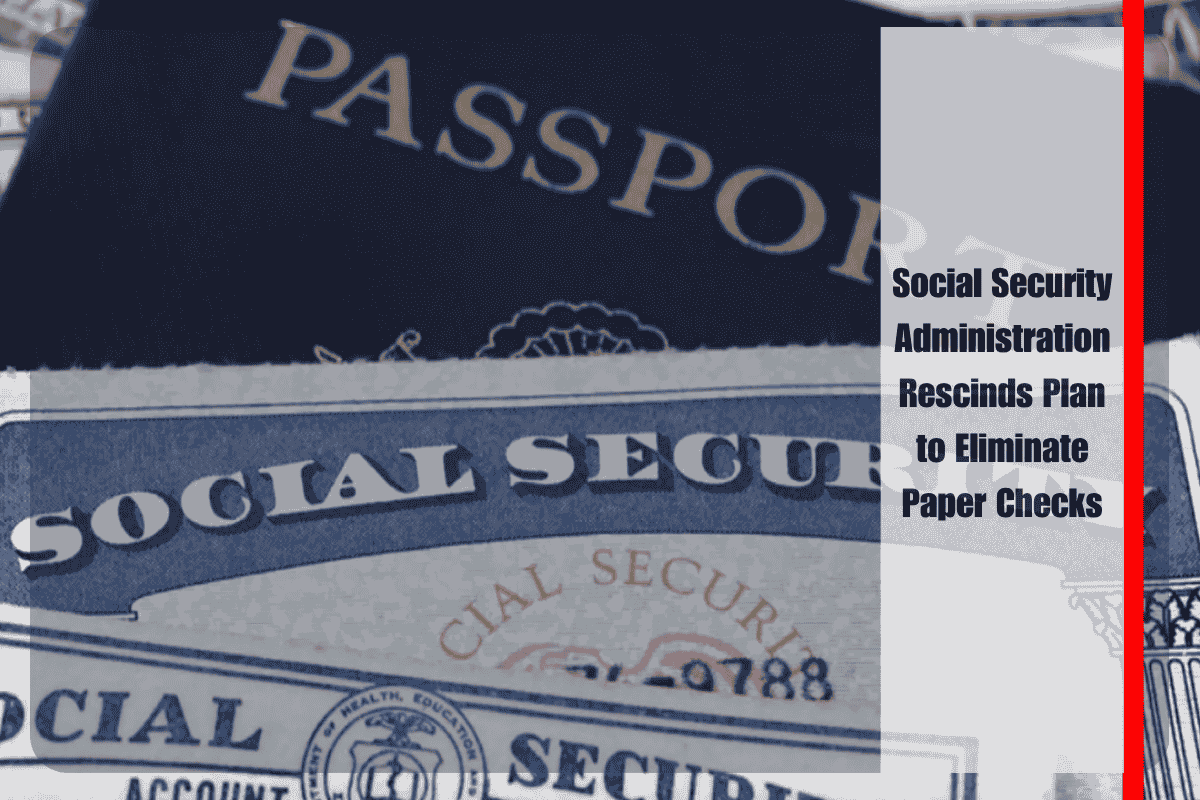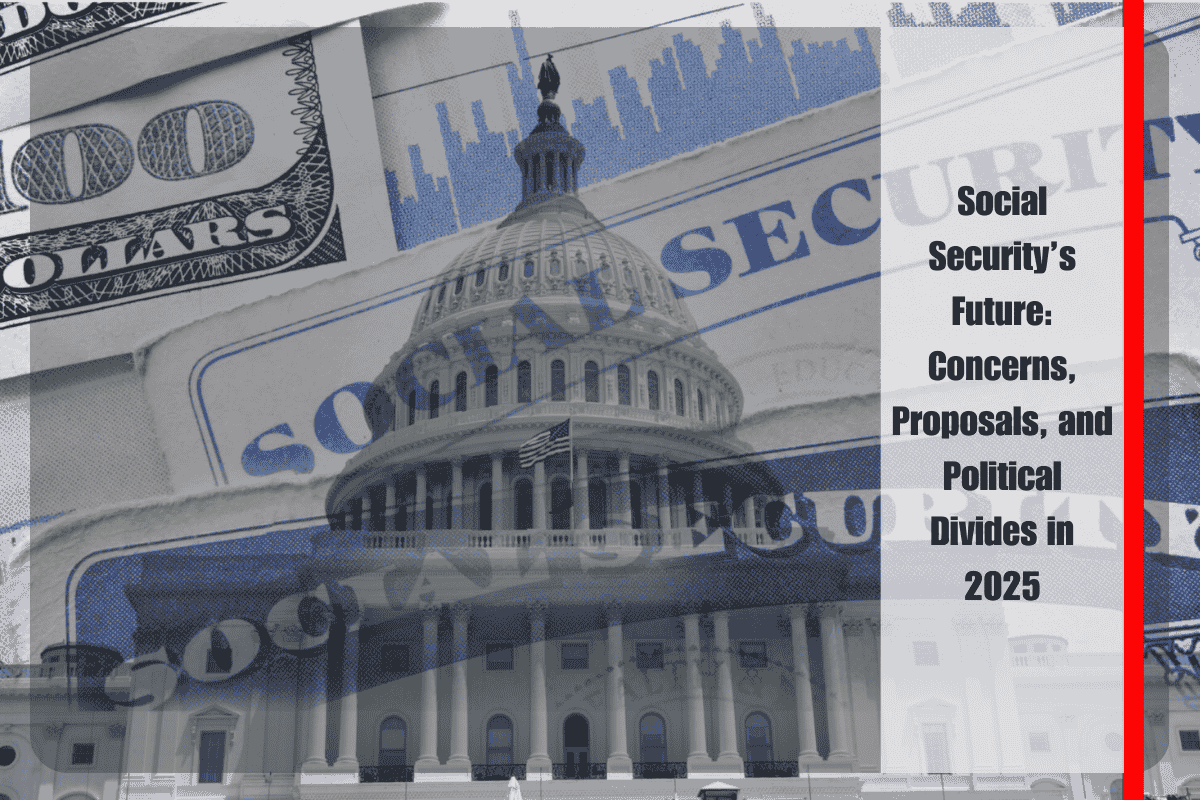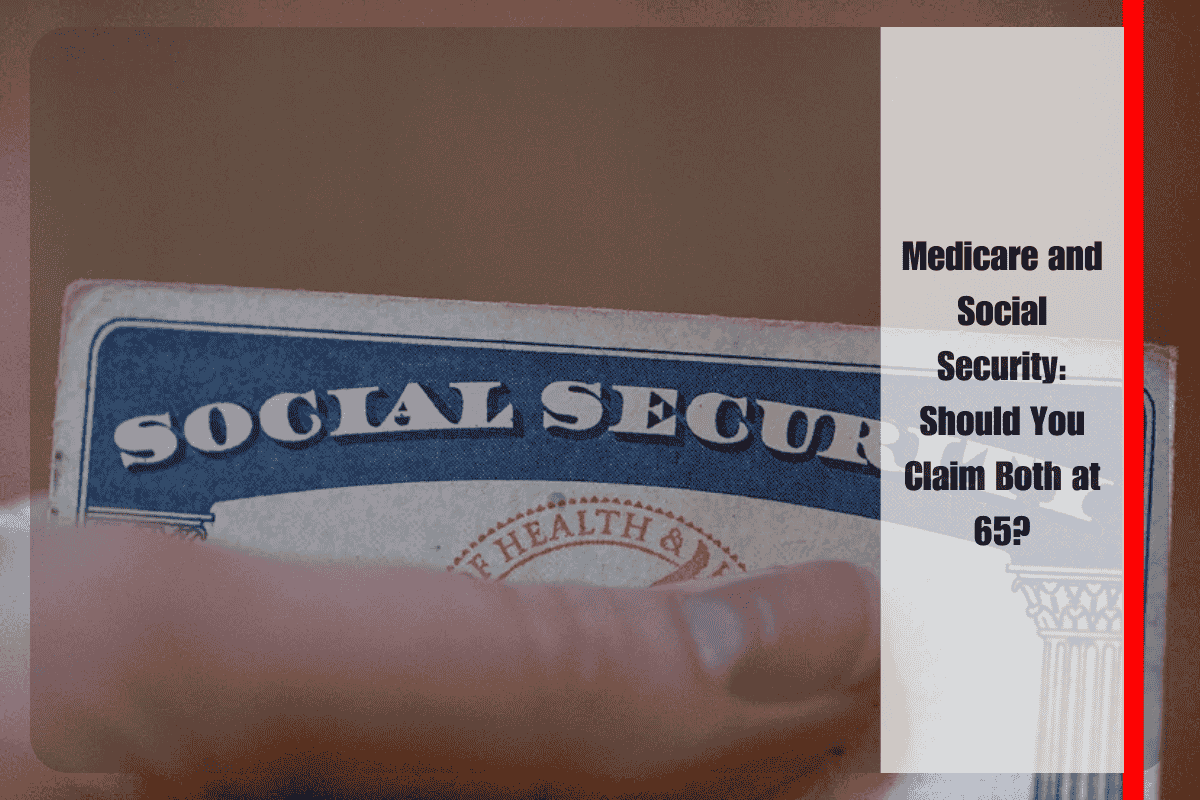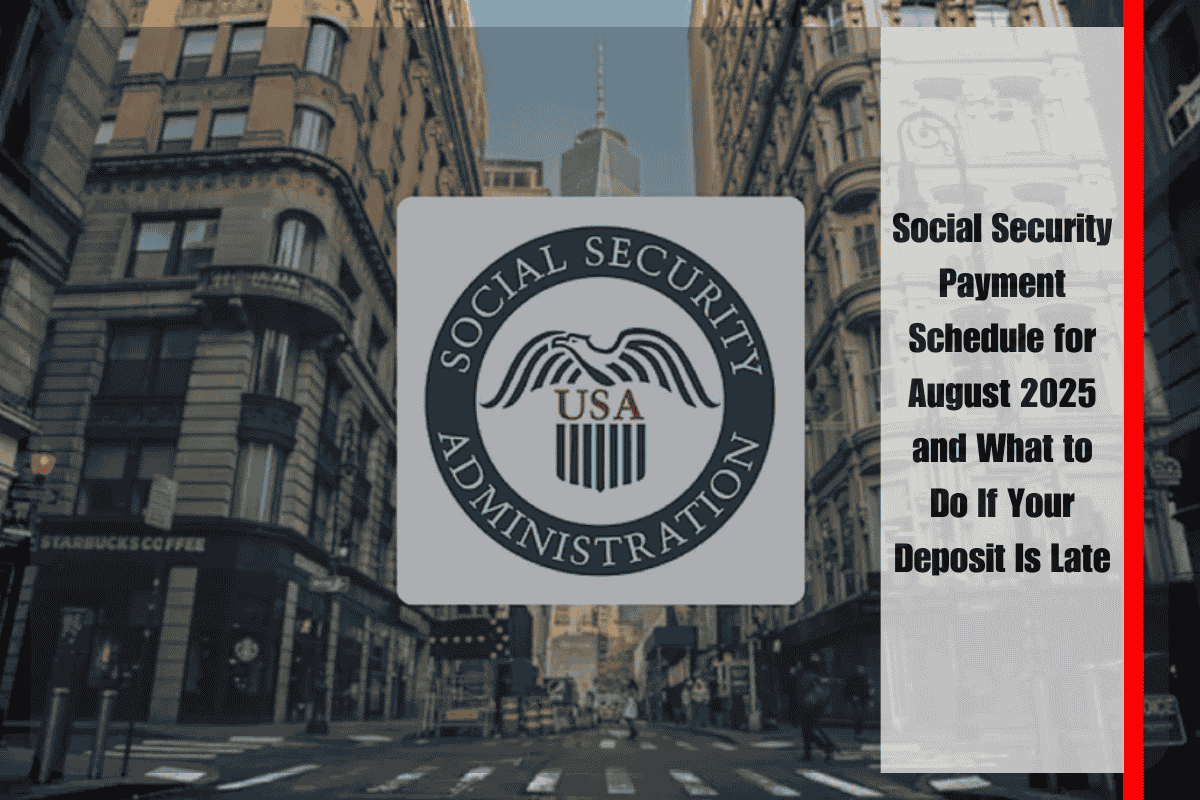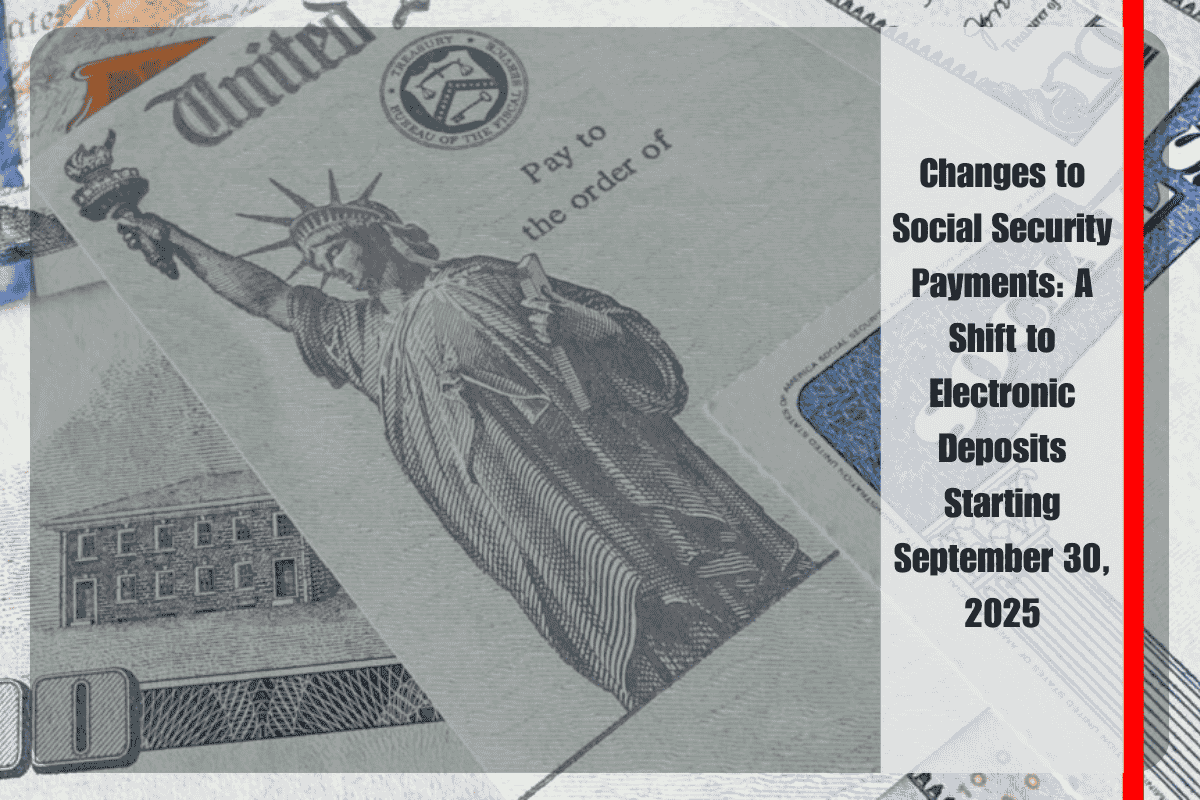In a major policy reversal, the Social Security Administration (SSA) has confirmed that it will no longer proceed with its plan to eliminate paper checks for beneficiaries by September 30. This decision comes after growing pressure from lawmakers and advocacy groups who raised concerns that the change would disproportionately impact vulnerable populations, including the elderly and unbanked individuals.
The Shift in Policy
The SSA’s initial decision to phase out paper checks was motivated by the desire to streamline payments, improve security, and save costs. The agency pointed to the lower cost of electronic transfers, which amount to 15 cents per transaction, compared to the 50 cents per paper check. However, this plan was met with criticism from those who argued that it would create significant challenges for individuals who rely on paper checks for their income, particularly those who do not have access to traditional banking services.
Senator Warren’s Advocacy
Senator Elizabeth Warren played a key role in opposing the policy change. During a recent meeting, Social Security Commissioner Frank Bisignano confirmed that the SSA would continue offering paper checks to beneficiaries who need them. Warren reported that Bisignano had made a commitment to ensure no one would be left behind in this transition and that individuals who rely on paper checks would continue to receive them.
Warren, who leads the Senate Democrats’ Social Security War Room, also secured additional commitments from Bisignano regarding transparency and oversight of SSA’s operations. One of the most significant outcomes of the meeting was an agreement to conduct an independent audit of SSA’s performance data, which will be led by the agency’s inspector general. The audit will examine how SSA collects and reports critical metrics, such as call wait times and case resolution rates, which have been criticized for lacking transparency under Bisignano’s leadership.
Concerns Over Accessibility for Vulnerable Populations
The SSA’s proposed shift to electronic payments had sparked widespread concern, particularly for those who are unbanked or underbanked. According to data from Bankrate and AARP, millions of Americans lack access to traditional banking services, and nearly 20% of households headed by individuals over 65 fall into this category. For these individuals, receiving funds electronically could present significant hurdles, such as technological barriers and limited access to digital financial tools. Advocacy groups argued that eliminating paper checks could cut off a vital lifeline for those already living on the margins of society.
The SSA’s policy change was especially concerning for the approximately 520,000 beneficiaries who still rely on paper checks, making up less than 1% of all beneficiaries. These individuals, including seniors and people with disabilities, may struggle with the transition to digital payment methods, leaving them vulnerable to financial instability.
Audit and Transparency Commitments
In response to growing criticism, Bisignano agreed to provide greater transparency about SSA’s performance metrics, which have been under scrutiny. Warren’s office had found that key service metrics, such as wait times on phone calls, had been removed from the agency’s website, and the remaining data was often inaccurate or misleading. Bisignano reportedly agreed to make critical information public, including statistics on dropped calls, misrouted transfers, and the percentage of cases resolved over the phone.
Additionally, concerns about SSA’s workforce reductions were raised, as they could potentially affect customer service. Bisignano acknowledged these concerns but highlighted improvements in service delivery, including a reduction in average phone wait times from 30 minutes in 2024 to 18 minutes in 2025, and a 25% decrease in the backlog of disability claims.
The reversal of the plan to eliminate paper checks marks a significant victory for vulnerable populations who rely on these payments for financial stability. While the SSA continues to move toward digital payments, the decision to retain paper checks ensures that those who are unbanked, elderly, or disabled will not be left behind. Additionally, the commitment to greater transparency and an independent audit of the SSA’s performance data is a positive step toward improving accountability and service delivery for all beneficiaries.
